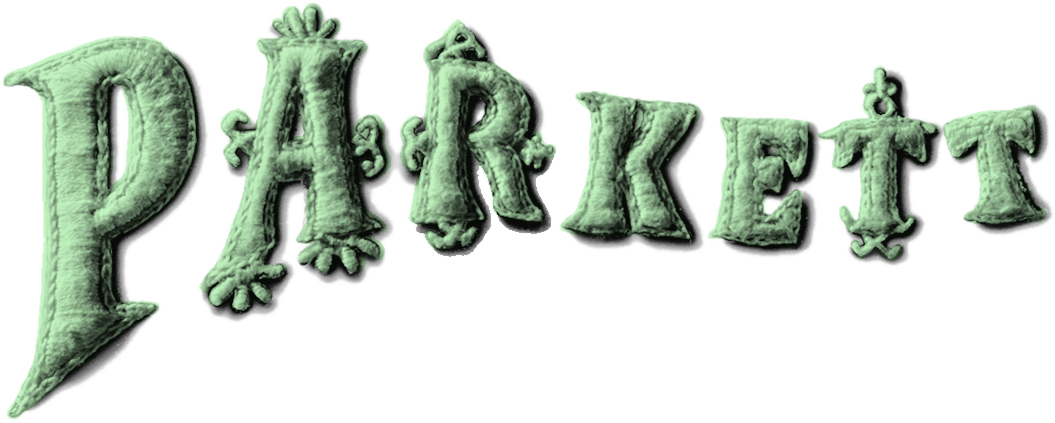Carsten Höller
A passage from Jessica Morgan’s text from Parkett 77, explaining the background of the "Key to the Laboratory of Doubt":
“... But one such partially unrealized project, THE LABORATORY OF DOUBT (1999), made for the group exhibition “Laboratorium ,” curated by Hans-Ulrich Obrist and Barbara Vanderlinden in Antwerp, perhaps holds the key (if such a thing exists) to understanding Hoeller's practice.
The entry in Register reads: “A Mercedes car labelled The Laboratory of Doubt, Het Laboratorium van de twijfel and Le laboratoire du doute is equipped with two loudspeakers on the roof to spread doubts. However, overnight the tires are stolen. Not knowing what to say ‘to spread doubt,' adds speechlessness to immobility. A failure to implement doubts seems to be the only solution to avoid certainty about doubt itself. The project goes on, the car is still in use, becoming slowly a monument of uncertainty.”
Perhaps this is why we are yet to know what his work is r e a l l y about. Quite possibly, Höller does n o t know either, but by embracing this idea of doubt—the most radical and the most impossible to realize—he has paradoxically brought into focus all that came before and all that comes after. As Höller has explained:
“I am happy about this perplexity. I used to suppress it for a long time because it is associated with uneasiness, which is a totally wrong approach— one should rather try to disengage one from the other and come to appreciate perplexity for what it is. Doubt and its semantic cousin, perplexity, which are both equally important to me, are unsightly states of mind we' d rather keep under lock and key because we associate them with uneasiness, with a failure of values. But wouldn' t it be more accurate to claim the opposite, that certainty in the sense of brazen, untenable affirmation is much more pathetic? It is simply its association with notions of well-being that gives affirmation its current status. What needs to be done is to sever the association between affirmation and well-being. ”

